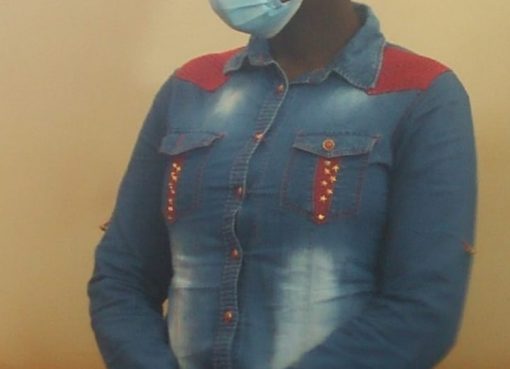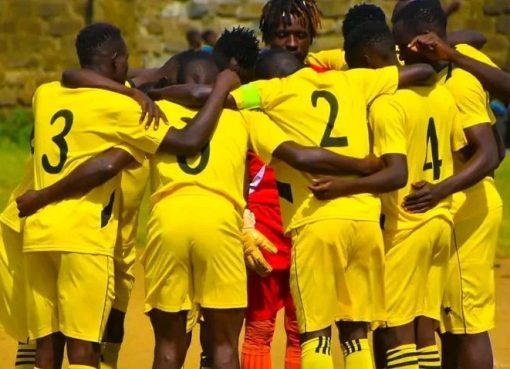Machakos County department of health has confirmed 11 cases of cholera at Machakos GK prison and School for the Deaf.
Speaking at Machakos level 5 referral hospital, the area County Executive Committee (CEC) Member for Health, Dr Daniel Yumbya confirmed that three people have already been discharged and the other eight are being treated at the hospital where one person is in critical condition.
“Cholera outbreak started from GK prison and Machakos School for the Deaf, we have sent our officers to those two institutions and they are working together with the management to ensure the situation is brought under control,” said Yumbya.
Yumbya further announced that food hawking has been banned for two weeks in the county and urged members of the public to observe strict hygiene and ensure water and food are safe for consumption.
He also noted that the health department has put various response measures to curb spread of the outbreak and added that they are doing contact tracing of those who came into contact with the infected persons.
“We have distributed enough medical supplies to all sub-county and level 3 facilities in wards, we do not encourage patients to be moved to Machakos level 5. The issue should be managed in each facility,” said Yumbya.
“Only critical cases should be referred here because the process of moving a patient from one place to another can also cause infection on the way,” he added.
The CEC asked people to wash hands often since prevention is the key and everybody has a responsibility given that cholera is an infectious disease that causes severe watery diarrhea and which can lead to dehydration and even death if untreated.
He further noted that Active Rapid Response teams at both County and Sub-County levels are implementing response activities such as enhanced surveillance, laboratory testing, case management, risk communication, community engagement and environmental sanitation to prevent further spread of the disease.
The county executive committee member stated that Public health officials are working to ensure the highest level of hygiene in public eating places is observed and intensified food and water quality surveillance is ongoing with seven water samples collected from Machakos and Matungulu sub-counties.
Yumbya cautioned that ward visitation is limited to one person per patient and urged people to remain vigilant and report suspicious diarrhea cases in the communities to the nearest health facilities.
According to the Centre for Disease Control and Prevention (CD), to prevent Cholera, you should wash hands often with soap and take steps to ensure your food and water are safe for use.
One should use bottled water to brush teeth, wash and prepare food, and make ice or beverages. If bottled water is not available, use water that has been properly boiled, chlorinated, or filtered using a filter that can remove bacteria.
In addition, one should use bottled water with unbroken seals, desist from using water from pipes, taking drinks sold in cups or bags and ice.
By Rachael Kilonzo and Caroline Mutheu





